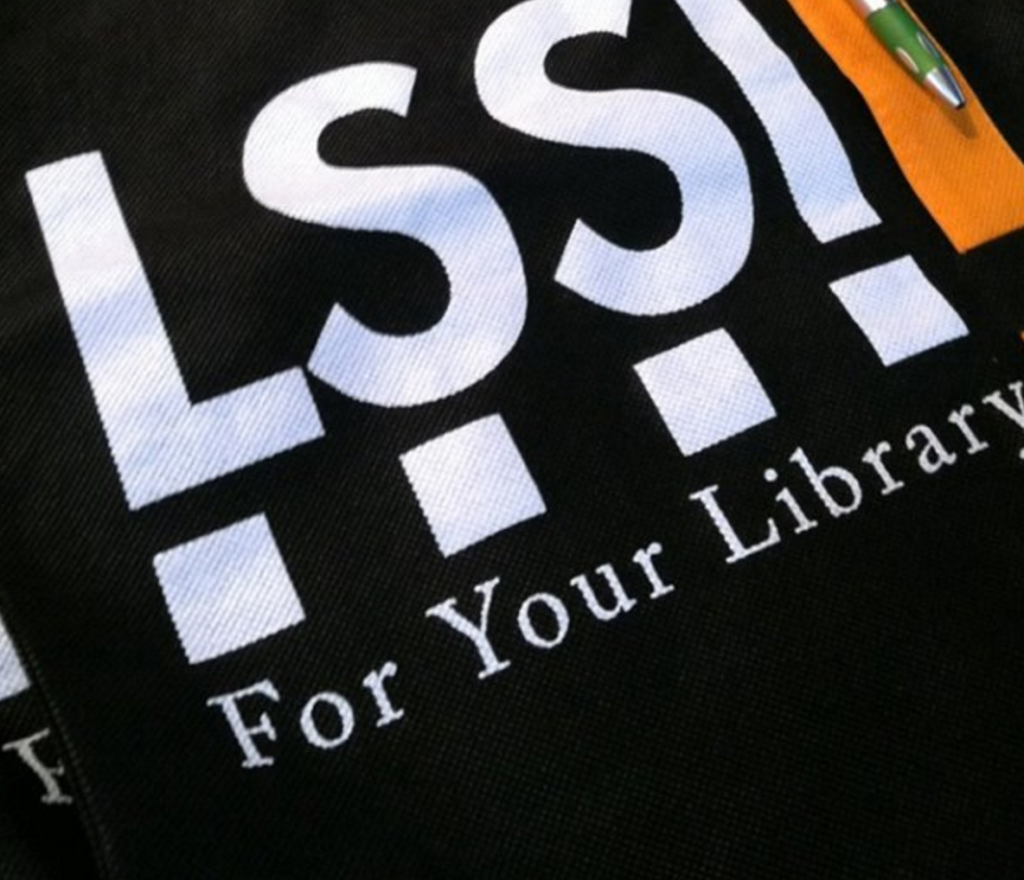Labor & Economy
Public Pays for Hedge Funds’ Profits
What do 82 public libraries, a Texas beef-processing company and a string of Pizza Huts across Tennessee and Florida have in common?

What do 82 public libraries, a Texas beef-processing company and a string of Pizza Huts across Tennessee and Florida have in common?
They’re all managed by the same private equity firm.
Fifteen of those libraries are in Jackson County, Oregon, where public officials are starting to raise concerns over the firm’s ownership of the private contractor that manages them. Facing budget issues in 2007, the county contracted with Library Systems and Services (LS&S), the country’s largest library outsourcing company, to try to save money—but LS&S is owned by Argosy Private Equity, whose mission is to “generate outstanding returns” and “substantially grow revenues and profits” for the businesses it owns.
Now Jackson County is learning the hard way. LS&S’s claim to do more with less while still making a profit really meant that corners would be cut. Some of the library’s part-time workers get minimum wage. “I’m not only embarrassed that we pay $10 an hour, I am ashamed,” said one library board member. This shouldn’t be surprising—LS&S’s cofounder once admitted that the company saves money by replacing unionized employees. “We get this message that our employees can’t be trusted,” said another board member after LS&S brought in more upper management.
Nearly a third of the $5 million dollar per year contract goes to profit for LS&S and its owner, the private equity firm. The library’s board is now looking for ways to get out of the bad deal.
Jackson County’s struggle highlights Wall Street’s increasing role in financing public goods and services, a role that cuts across many levels of government.
In criminal justice, for-profit corrections companies continue to hurt prisoners, taxpayers and communities. Corizon, a prison health-care company owned by a private equity firm, makes $1.4 billion in public money annually in 27 states and has repeatedly come under fire for putting profits ahead of quality care. If they weren’t trickling up to Wall Street, these profits could be spent on public programs that actually tackle mass incarceration, like mental health care, education and job training.
In education, hedge fund managers are launching more and more public charter schools and stocking local school boards—from Indianapolis and Minneapolis to Denver and Los Angeles—with pro-privatization allies. In one evening last month, hedge fund investors raised $35 million for New York City’s largest charter school network, Success Academy. What does this influence buy? Success Academy’s board is made up of private investors, lawyers, PR professionals and philanthropists, who make decisions about how to spend taxpayer money, while being unaccountable to the public.
In public water, private investors have taken their thirst for profit to public infrastructure. For example, residents of Bayonne, New Jersey, have experienced a 28 percent increase in their water and sewer rates since 2012, when the city leased its municipal utility authority to the multinational corporation Suez and the private equity firm KKR.
Unchecked, Wall Street’s influence threatens what makes public goods and services so crucial to healthy, stable communities across the country: democratic control and good paying jobs that build our middle class.

-

 Latest NewsFebruary 3, 2026
Latest NewsFebruary 3, 2026Amid the Violent Minnesota Raids, ICE Arrests Over 100 Refugees, Ships Many to Texas
-

 Featured VideoFebruary 4, 2026
Featured VideoFebruary 4, 2026Protesters Turn to Economic Disruption to Fight ICE
-

 The SlickFebruary 2, 2026
The SlickFebruary 2, 2026Colorado May Ask Big Oil to Leave Millions of Dollars in the Ground
-

 Column - State of InequalityFebruary 5, 2026
Column - State of InequalityFebruary 5, 2026Lawsuits Push Back on Trump’s Attack on Child Care
-

 Column - California UncoveredFebruary 6, 2026
Column - California UncoveredFebruary 6, 2026What It’s Like On the Front Line as Health Care Cuts Start to Hit
-

 The SlickFebruary 10, 2026
The SlickFebruary 10, 2026New Mexico Again Debates Greenhouse Gas Reductions as Snow Melts
-

 Latest NewsFebruary 12, 2026
Latest NewsFebruary 12, 2026Trump Administration ‘Wanted to Use Us as a Trophy,’ Says School Board Member Arrested Over Church Protest
-

 Latest NewsFebruary 10, 2026
Latest NewsFebruary 10, 2026Louisiana Bets Big on ‘Blue Ammonia.’ Communities Along Cancer Alley Brace for the Cost.

